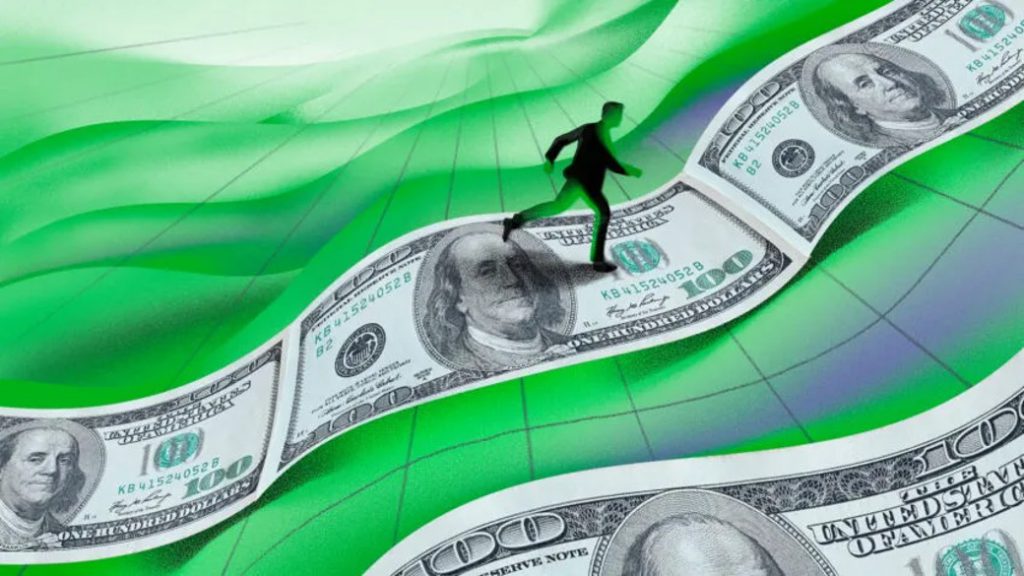US National Debt Surpasses $37.5 Trillion: Is the Dollar’s Collapse Imminent?
America's debt mountain just hit a staggering $37.5 trillion—raising alarm bells about the greenback's future stability.
The Fiscal Time Bomb
That number isn't just eye-watering—it's unprecedented. While politicians debate budgets, the debt clock keeps ticking louder, fueling fears of currency devaluation and economic turbulence ahead.
Enter Digital Hedges
As traditional finance grapples with runaway debt, cryptocurrencies are emerging as a compelling hedge. Bitcoin's fixed supply and decentralized nature offer a stark contrast to endless money printing—and investors are taking notice.
Wall Street's Ironic Embrace
Even legacy institutions—once crypto-skeptics—are now stacking digital assets. Guess nothing makes you believe in Bitcoin like watching the dollar's purchasing power evaporate.
Debt Crisis or Dollar Reset?
Whether this leads to collapse or just another 'kick the can down the road' moment remains unclear. But one thing's certain: the case for alternative stores of value has never been stronger.
Why the US Dollar is in Danger If the National Debt Rises

The first currency to face the heat if the national debt spirals out of control is the US dollar. If debt grows, the Federal Reserve will issue more Treasury bonds, but seeking buyers at a time of de-dollarization will be challenging. If demand for the Treasury bonds weakens, the Fed will be forced to print more money to eventually buy them.
This will lead to a new financial problem as the supply will be more with less demand. The more the supply, the less demand for the US dollar, as the national debt is not brought under control. Emerging economies will begin to diversify their central bank reserves, giving first preference to local currencies and gold.
Not just emerging economies, even general investors will begin to lose confidence in the US dollar if the national debt increases further. If the US cannot manage its debt, why WOULD traders find buying Treasury bonds attractive? The status of the safe-haven currency will be eroded, giving them alternative options to invest in.
If the national debt increases and affects the US dollar, the chances of a recession are higher. Inflation dissolves purchasing power, leading to a grind in consumption. The development would make businesses lose out on sales, making revenues dry up. The worst-case scenario comes now as businesses will begin letting employees go by cutting jobs to stay afloat in an economy that is in turmoil.

